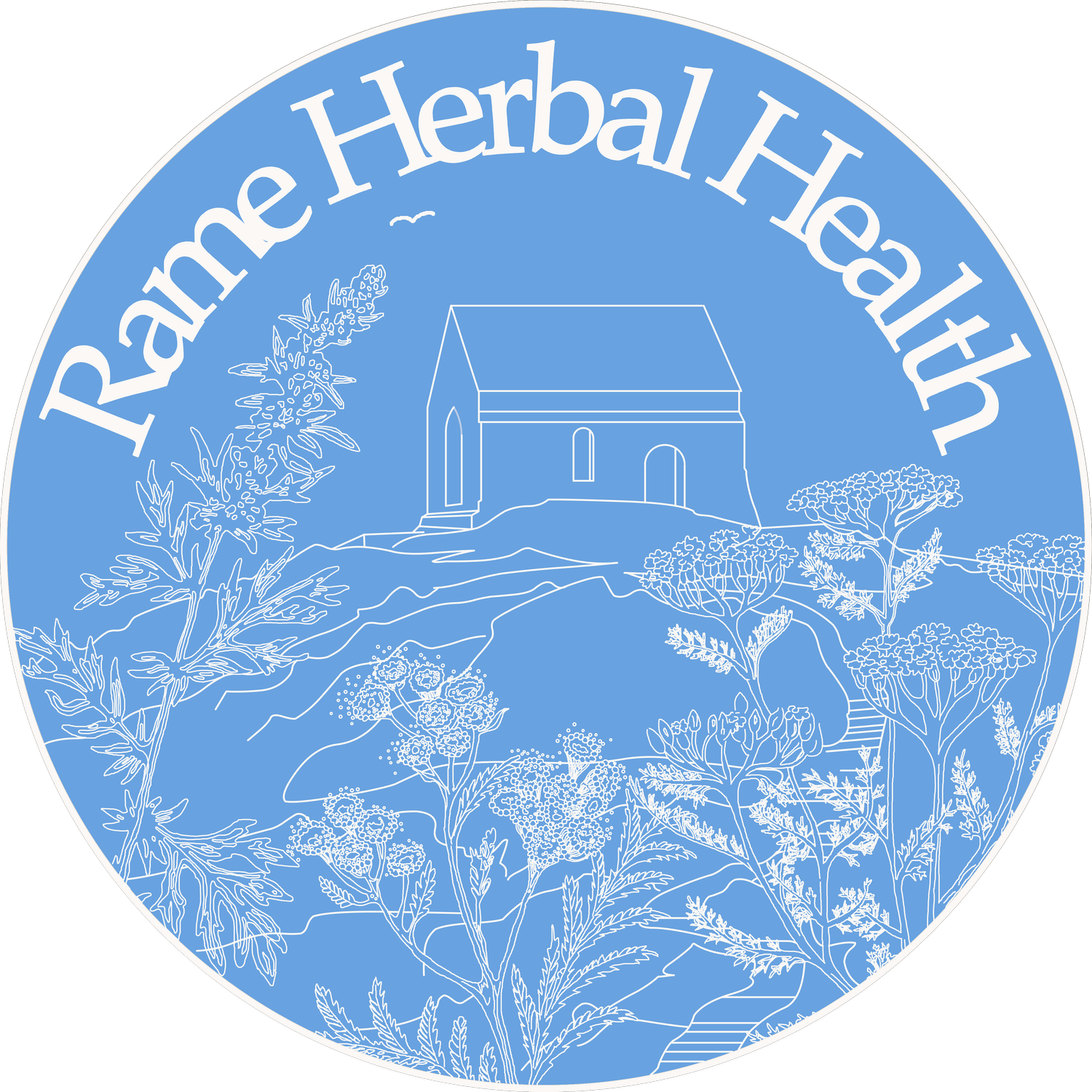Rethinking Rest for Mind and Body
When we think of relaxation, we often picture stillness, lounging on a beach, lying in bed, or doing nothing. But for many people, true relaxation doesn’t come from being motionless.
It comes from gentle movement, from being present in nature and from calming the mind through physical flow.
In fact, movement can be one of the most effective ways to unwind. Walking through a woodland, stretching in the morning sun, or swimming in the sea. These invite the body to release tension while keeping the mind engaged in a soothing rhythm. This kind of movement isn’t about burning calories or chasing fitness goals. It’s about reconnecting with yourself.
Why Movement Helps Us Relax
Research shows that physical activity, even light movement, can reduce stress hormones like cortisol and increase feel-good chemicals such as serotonin and dopamine. Gentle movement also helps regulate breathing, improve circulation and release stored tension in muscles.
Mindful movement practices like yoga, tai chi, or walking meditations are especially powerful. They encourage awareness of breath, posture and surroundings, bringing the nervous system into a state of calm while keeping the body active.
Deeper Calm
Being outdoors amplifies the benefits. Time in nature can lower anxiety, improve mood, and even boost immune function. When we move through natural spaces, whether hiking, strolling or stretching in a garden, we engage all our senses. The sights, sounds and smells of the outdoors help ground us in the present moment.
Stillness Isn’t for Everyone
For me, sitting still can feel uncomfortable or even stressful. If your mind races or your body feels restless, you’re not alone. Relaxation doesn’t have to mean inactivity. In fact, forcing stillness can sometimes increase tension. The key is finding what works for you.
There’s no “right” way to relax. Some people find peace in quiet meditation, others in rhythmic movement. What matters is tuning in to your body’s signals and choosing practices that feel nourishing, not forced.
Finally
If you’re on holiday or simply seeking more balance, consider movement as part of your relaxation toolkit. A slow walk, a gentle stretch, or a few deep breaths in the open air can be as restorative as a nap or a spa day.
Relaxation isn’t about doing nothing, it’s about doing what helps you feel whole.
What helps you restore?



